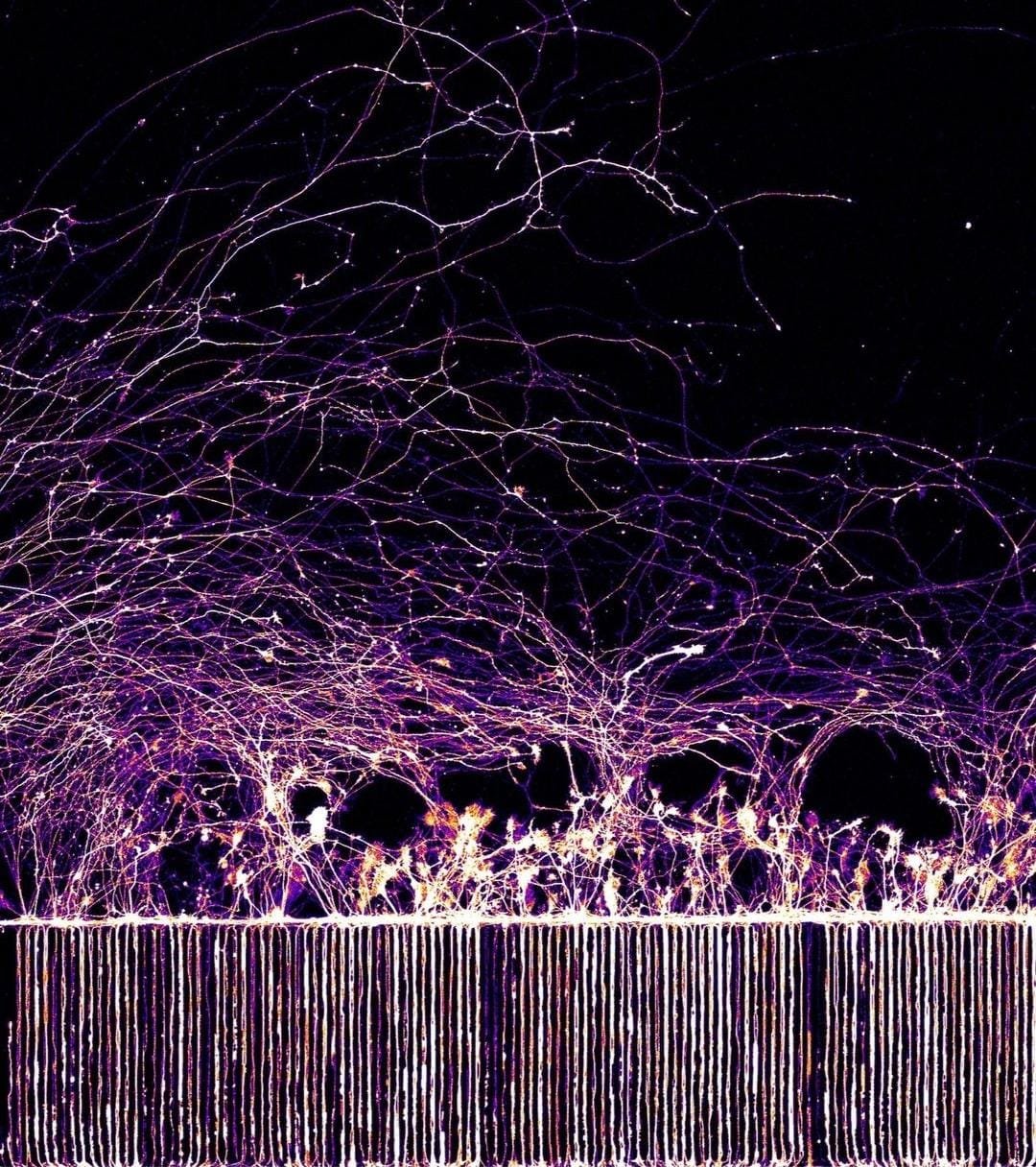
Gómez-Deza Lab
Department of Cancer and Cellular Biology
Lewis Katz School of Medicine - Temple University
&
Fox Chase Cancer Center
Mission
Peripheral neuropathy and chronic pain are a common side effect of chemotherapy treatment for which there are no available treatments.
The Gómez-Deza Lab aims to understand how neurons are damaged in response to chemotherapy. However, our research is widely applicable to other neurodegenerative conditions such as glaucoma, traumatic brain injury (TBI) or Amyotrophic Lateral Sclerosis (ALS).
To do this, we employ a wide range of molecular and biochemical techniques, including iPSC differentiation into human neurons, whole genome CRISPR interference screens, RNAseq, CRISPR knock-ins/ knock-outs, and advanced microscopy.
The lab has a strong clinical focus. We are deeply interested in uncovering new molecular mechanisms that drive axon degeneration and neuron death to develop novel therapeutic strategies.
Our mission is also to educate and train the next generation of scientists by fostering a safe, innovative, fun and diverse environment that empowers individuals to reach their full potential. We value mental well-being, maintain a healthy work-life balance, and welcome everyone to our team.
Research questions
Discovery of novel drivers of axon degeneration
Neuron death and axon degeneration are tightly controlled processes. This project aims to identify new neuronally-enriched drivers of axon degeneration.
CRISPRi screens of chemotherapy-induced neuron death
Not all chemotherapy agents drive neuron death in the same way. By using whole genome CRISPRi screens we are identifying common and distinct pathways that cause neuron death.
Development of new inhibitors of neurodegeneration
We have a strong clinical focus. By applying what we learn in other projects, we are developing new ways to mitigate neurodegeneration in vivo and in vitro


